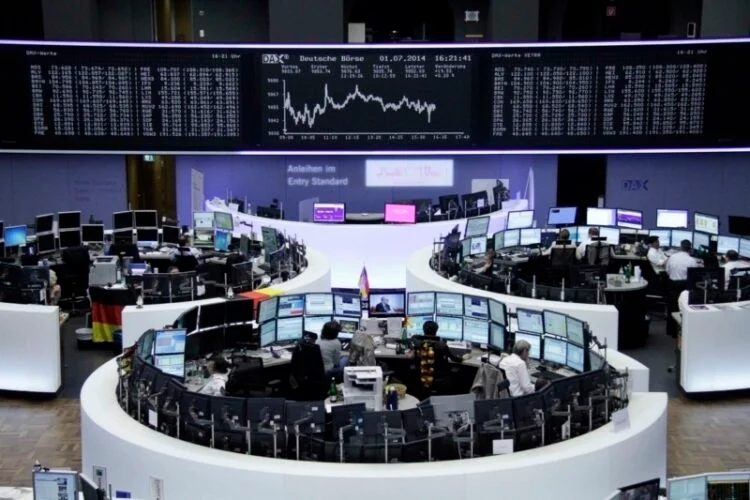Publisher: Maaal International Media Company
License: 465734
What does 2023 hold for wealth industry?!
Economists confirmed that the increasing demand for specialized consultations and alternative investments will change the scene during the current year. Where two industry experts predict in their interview with “Wealth Professional” that personal advice, differentiated solutions, and technological progress in the field of wealth may be heading to its peak in 2023.
Portfolio Expansion:
David Bardsley, head of wealth and asset management advisory at KPMG, the global accounting firm, says: “In 2022, we have seen a gradual inclination away from traditional public markets, into private asset classes. As before over the past ten years, we will see a change in product and service models.”
اقرأ المزيد
At the same time, the poor performance outlook also points to a greater awareness of cost among consumers, which will require asset managers to reconsider their fee models. As investor confidence in traditional fixed income and equity markets suffers, Bardsley also expects portfolio allocations to expand across the world to include real estate, infrastructure and private credit – medium-risk asset classes that will be very suitable for long-term investors.
New strategy:
For her part, Lisa Shalit, head of the investment sector at Morgan Stanley Wealth Management, said that US stocks may be disappointing in 2023, but that patient investors can find potential income and returns in other markets.
She noted that the bear market, which was affected by high inflation for decades and the strong response of the Federal Reserve, made 2022 one of the most challenging years for investment returns in the past half century.
She asked, “Can investors expect something different in 2023? Referring to three strategies that investors can use in the new year, including:
Don’t expect too much from US stocks:
The bear markets seen in US equities throughout 2022 suggest that many equity investors have not embraced the prospect of higher interest rates for a longer period and a slowing economy, even as economic data and Treasury yields continue to warn. And the Morgan Stanley analyst considered that US stock investors may be overly optimistic, pointing to two main reasons for concern as we enter 2023. Among them is the unattractive ratings of stocks and bonds
Second, big profit expectations:
The earnings forecast for 2023 for the S&P 500 is around $230, which is an earnings growth figure of about 5%. For Morgan Stanley analysts, this estimate fails to account for the challenges companies are likely to face, especially as they begin to seriously feel the impact of tighter monetary conditions. These include lower sales volume and loss of pricing power, considering the most realistic forecast is $195, based on their predictions that the index will decline another 15% to 20% before recovering.
The second strategy that Shalit recommends is to be patient, especially since with the continued uncertainty in the course of inflation and the general economic picture, investors may wish to prioritize fixed income in their investment portfolios. High quality opportunities currently exist with returns between 4% and 6%; Total returns could be higher if the economy slows further or is heading towards recession
Shalit pointed to two areas of concern: two-year Treasury notes yield a yield of greater than 4%, while longer-term treasuries, such as the 10- and 30-year Treasury notes, yield in a high range which could be a smart choice for exposed investors for some credit risks with a focus on high quality.
Third: Looking to Emerging Markets:
US stocks have long dominated investor allocation, but it might be time to consider selectively owning emerging market stocks. For a number of reasons, including that emerging market equities trade cheap relative to their own history and compared to developed market equities, showing lower cyclically adjusted P/E ratios. Also, major headwinds from emerging markets are likely to recede. For example, the US dollar has pulled back from its recent highs and could weaken until 2023, allowing emerging market economies to benefit.
Moreover, China, which accounts for nearly a third of the MSCI Emerging Markets Index and plays a large role in determining investor flows to emerging markets in general, could see an improvement in economic prospects by the spring of 2023, as the country begins to ease Zero covid restrictions. Since it does not suffer from high inflation or high interest rates, China has an important catalyst, which is likely to support the housing market in 2023. Finally, China’s growth prospects may have positive spillover effects on other economies in Asia and Latin America in 2023 in areas such as exports and tourism.








